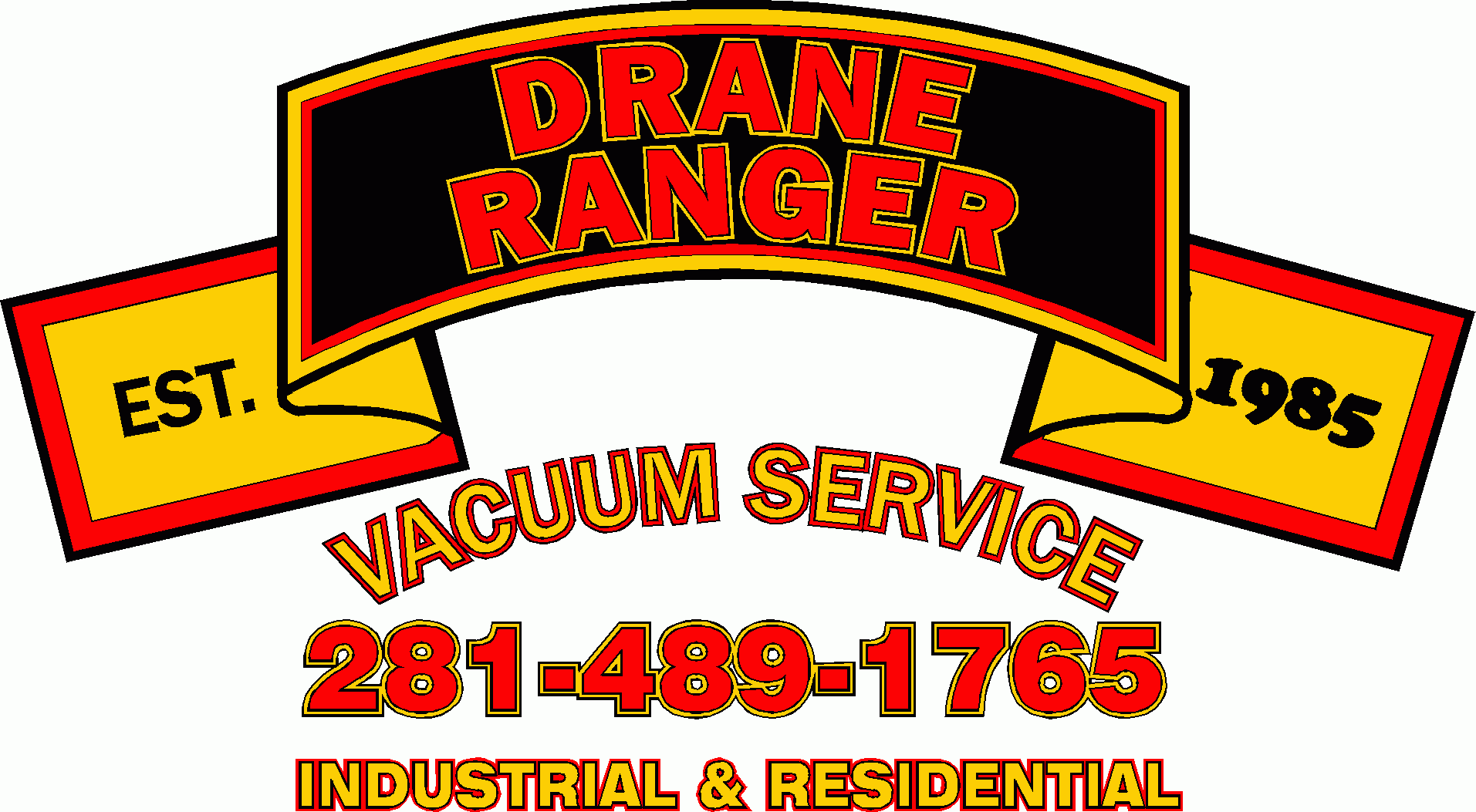If you have ever worked in an industrial kitchen or the restaurant business, then you are probably all too familiar with grease traps. For those that aren’t, grease traps separate oils, fats, and grease from wastewater before it flows into the municipal sewer system. It’s an essential component in keeping a restaurant kitchen running smoothly. Unfortunately, restaurant grease trap cleaning isn’t a pleasant activity, but here are 4 reasons why you need to do it.
1. Avoid Costly Repairs and Sewer Problems
As the remnants of your grease trap break down over time, they release an excessive amount of hydrogen sulfur gas. If these remnants are routinely ignored, the gas can lead to the creation of sulfuric acid. Even if your grease trap is made of concrete or steel, the acid can still damage the tank. Regular restaurant grease trap cleanings can help you avoid the possibility of having to pay a hefty replacement fee and damaging your sewer system. When the grease trap becomes too full, it can cause a blockage which results in a nasty plumbing emergency. You may even have to shut your business down while the issues are being dealt with.
2. Starting to Smell Questionable (and Offensive) Odors?
Sulfuric acid is only one of the consequences that arises from infrequently cleaning your restaurant grease trap, the other consequence is questionable, and offensive, odors. Obviously if your business allows fat, oil, and grease to accumulate, they will naturally begin to omit a plethora of foul scents. Your kitchen employees may have already started to notice, but soon, so will your potential customers. Not only will this impact your business, but it can impact the health of you and your staff. The only way to combat these rotting aromas making their way up the pipes, which are connected to the grease trap, is to invest in frequent restaurant grease trap cleanings.
3. The Environment Matters
Failing to schedule regular restaurant grease trap cleanings can lead to an eventual leakage. Blocks and leaks have a harmful impact on the environment because the waste stored in grease traps is extremely hard to break down. It can cause pollution and harm to animal life. If an outdoor grease trap is not covered properly, rainwater can accumulate inside and cause grease to run off into parking lots and down storm drains.
4. Don’t Get Fined
Restaurants are legally required to ensure they are maintaining grease trap cleanings. If the problem is continuously ignored, the solid waste turns into a thick hard mass which is almost impossible to clean. Not only will this cause a blockage, but your business can get penalized if waste from your grease trap is leaked into the municipal sewer system. Why pay a fine, or even navigate a potential lawsuit, that is easily avoidable! Hire a professional to ensure the job is done in a timely and effective manner. The law varies from state to state, but on average, you must schedule a cleaning every 60 to 90 days.
